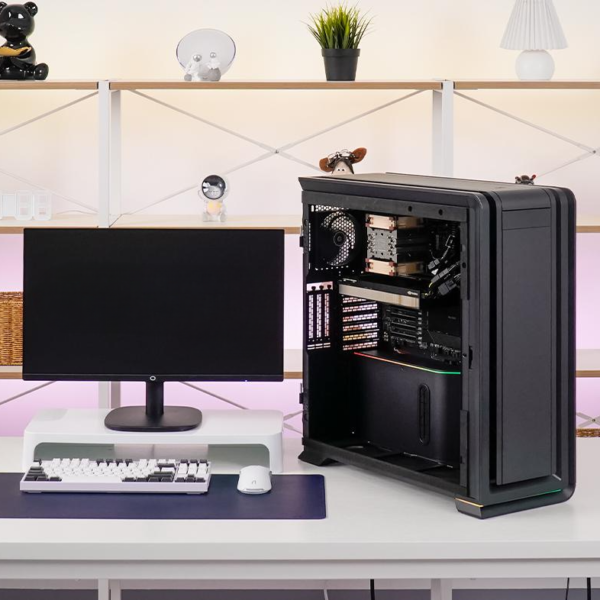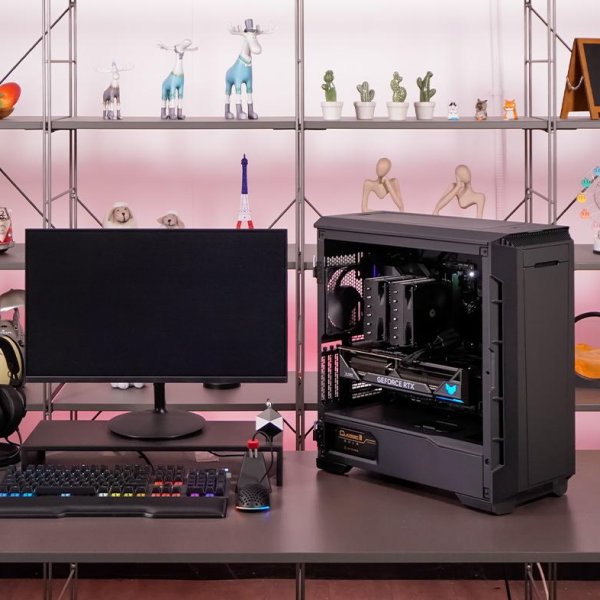An SSD (Solid State Drive) is a type of data storage device that uses flash memory to store data, offering significantly faster read and write speeds compared to traditional HDDs (Hard Disk Drives). Unlike HDDs, SSDs have no moving parts, making them more durable, energy-efficient, and less prone to mechanical failure. SSDs improve overall system performance, reducing boot times, speeding up application loading, and enhancing file transfer speeds. They are available in various form factors, including 2.5-inch, M.2, and PCIe, making them versatile for different types of devices and use cases. SSDs are commonly used in laptops, desktops, and servers, providing a reliable and high-speed storage solution for modern computing needs.
CPU : Intel Core i7-14700K (Raptor Lake Refresh)
GPU : MSI GeForce RTX 4090 Suprim X D6X 24GB Tri frozr 3S
MB : MSI MAG Z790 Tomahawk WIFI
64 GB DDR5 RAM
24 GB GDDR6X VRAM
4 TB SSD
Liquid Cooling
CPU : AMD Ryzen 7 7700 (Raphael)
GPU : GIGABYTE GeForce RTX 4090 WINDFORCE V2 D6X 24GB x 2
MB : ASRock X670E Taichi
64 GB DDR5 RAM
48 GB GDDR6X VRAM
4 TB SSD
Ventirad Cooling

 Video Editing
Video Editing CAD 2D/3D
CAD 2D/3D






